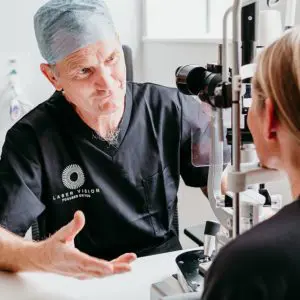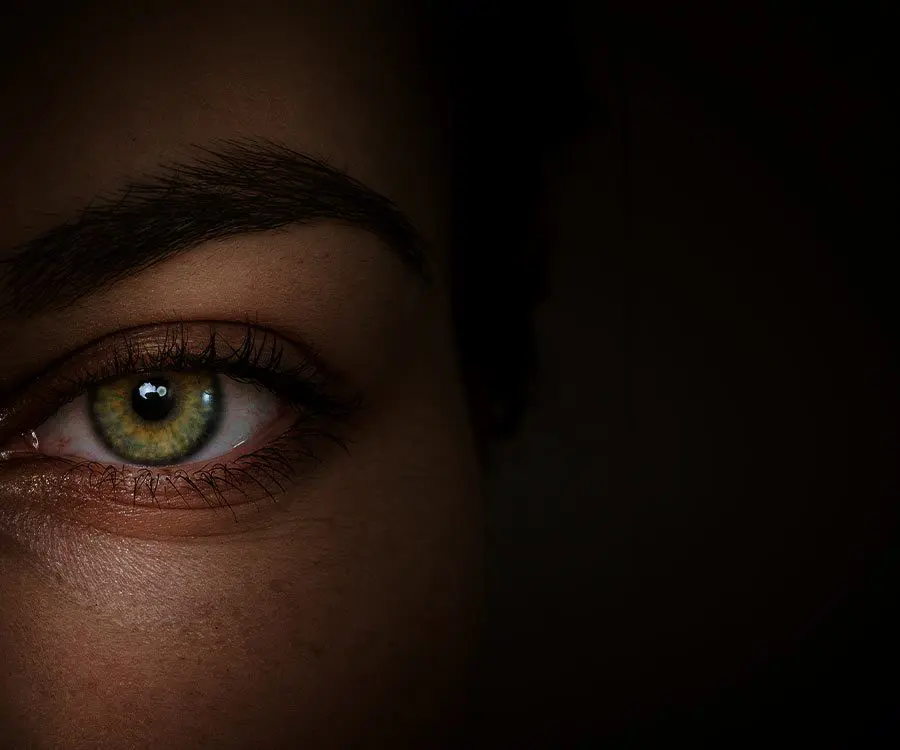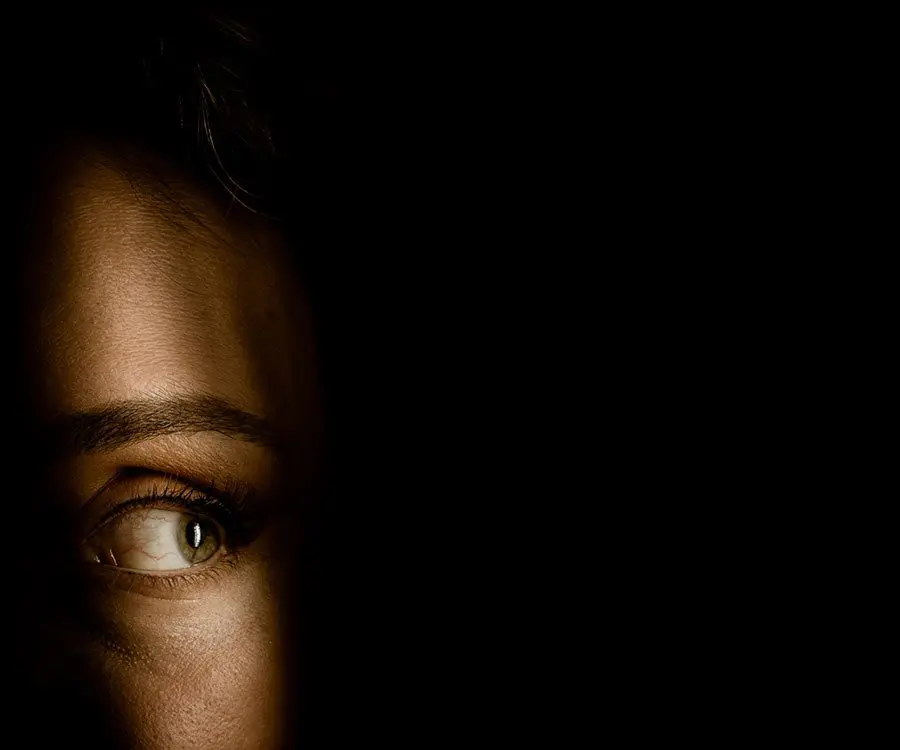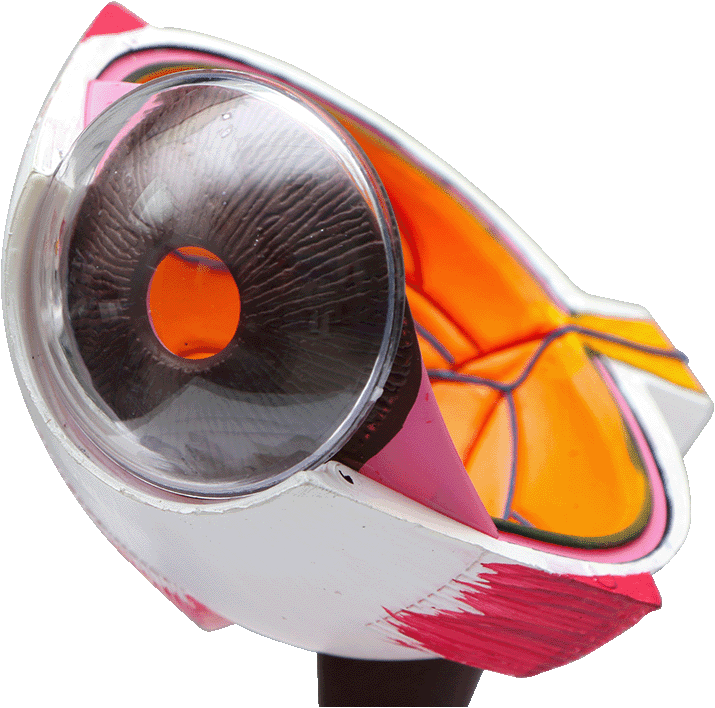 Cataracts are a common occurrence, particularly as we age. It’s estimated that 30% of the UK population over 65 develop cataracts, which impact their vision.
Cataracts are a common occurrence, particularly as we age. It’s estimated that 30% of the UK population over 65 develop cataracts, which impact their vision.
If you have cataracts and are wondering what treatment is available, you may have come across laser cataract surgery. We’ll help you understand what it is, what the benefits are, and any considerations before choosing cataract treatment.
Cataracts can cause blurred vision, even if you wear glasses or contact lenses. Vision correction eyewear usually isn’t enough to improve your vision fully if you have cataracts.
Cataract surgery is the only way to remove cataracts completely. It’s a very common and safe procedure that’s been performed for millennia.
What Are Cataracts?
Cataracts are diagnosed when you develop a cloudy natural lens in your eye. This causes vision issues, such as blurring, haziness, double vision, difficulties seeing at night, fading of colour, light sensitivities, and seeing halos around light.
Most of the time, cataracts develop as a result of ageing, but some people can be born with cataracts, or they may develop as a result of a medical condition.
There are multiple types of cataract surgery available. Traditional methods use ultrasound energy or incisions using a small blade or other medical instruments, while modern methods use lasers to improve accuracy. It’s thought that laser cataract surgeries tend to be more successful than traditional cataract surgery.
How Does Laser Cataract Surgery Work?
Laser-assisted cataract surgery is one of the safest and most regularly performed ways to treat cataracts. It involves removing the cloudy lens in the eye by using lasers to break down the particles for safe removal.
Most of the time, patients will need an artificial lens implant once their cataracts are removed – an intraocular lens.
An intraocular lens implant is the only proven way to reverse the effects of cataracts and restore your vision. Your new lens will be chosen depending on your vision issues, for example;
- A multifocal lens can improve both distance and near vision
- Monofocal lenses improve distance vision
- Extended depth-of-focus lenses can improve distance and mid-range vision, but you may still need reading glasses
- Accommodative lenses can adjust to focus on close-up or far-away objects
- A toric lens is effective for astigmatism correction
Cataract surgery using lasers is quick, taking around 10 minutes per eye. Numbing eye drops will be used to minimise any discomfort during the procedure.
What Are the Benefits of Laser Cataract Surgery?
Femto Laser-Assisted Cataract Surgery (FLACS) uses femtosecond laser technology to help with the removal of cataracts. It is an advanced and minimally invasive technique with a high success rate.
The procedure is proven to offer faster and more energy-efficient treatments while offering the utmost accuracy. Laser cataract surgeries offer more predictable outcomes compared to traditional methods, and they can also reduce the risk of corneal swelling.
How Long Do The Results From Cataract Surgery Last?
Laser cataract surgery can provide permanent results, offering patients clear vision that lasts a lifetime. The clear artificial lens will not be able to develop new cataracts.
In rare cases, the lens capsule can become cloudy leading to vision issues similar to those caused by cataracts. If this happens, the lens capsule (posterior capsule opacification) can be rectified with YAG laser treatment.
Recovery After Laser Surgery for Cataracts
Most of the time, patients can return home on the same day as their laser cataract surgery. You will need to allow a few hours to rest in the hospital after the procedure.
During this time, you should be given aftercare advice from your ophthalmologist, who will also check on your healing. Your anaesthetic will wear off a couple of hours after treatment; at this point, your eyes may feel a little gritty.
You’ll need to arrange for someone to collect you from the hospital or ask your care provider to help arrange transport home. If you have any discomfort, painkillers can be used, but consult with your cataract surgeon for advice.
Your eyes should feel much better the day after surgery, but it may take a few weeks to notice the full benefits of treatment once the eyes are fully recovered.
Find Out More
If you’d like more information about laser eye surgery for cataracts, you can get in touch with the team at Laser Vision.









